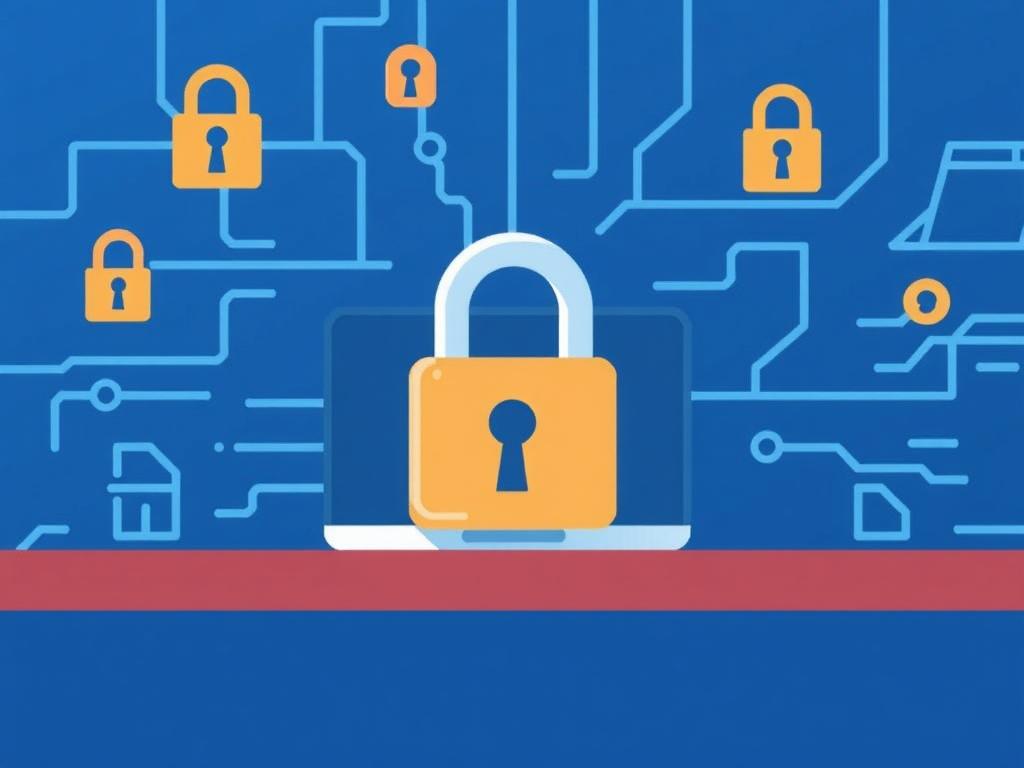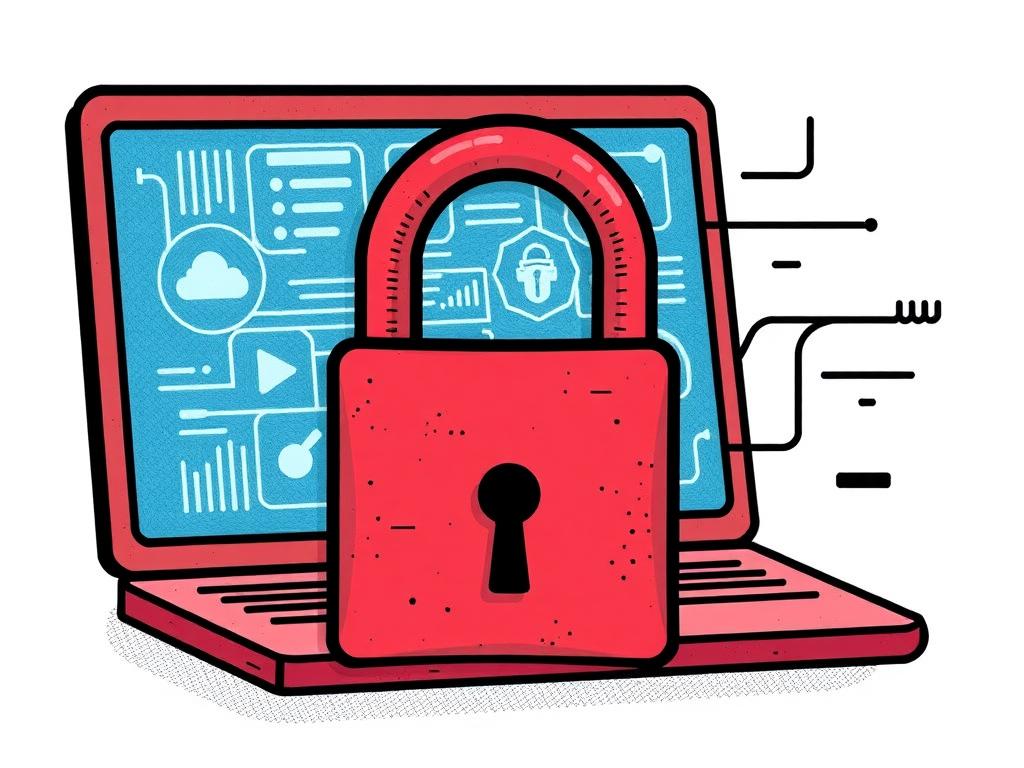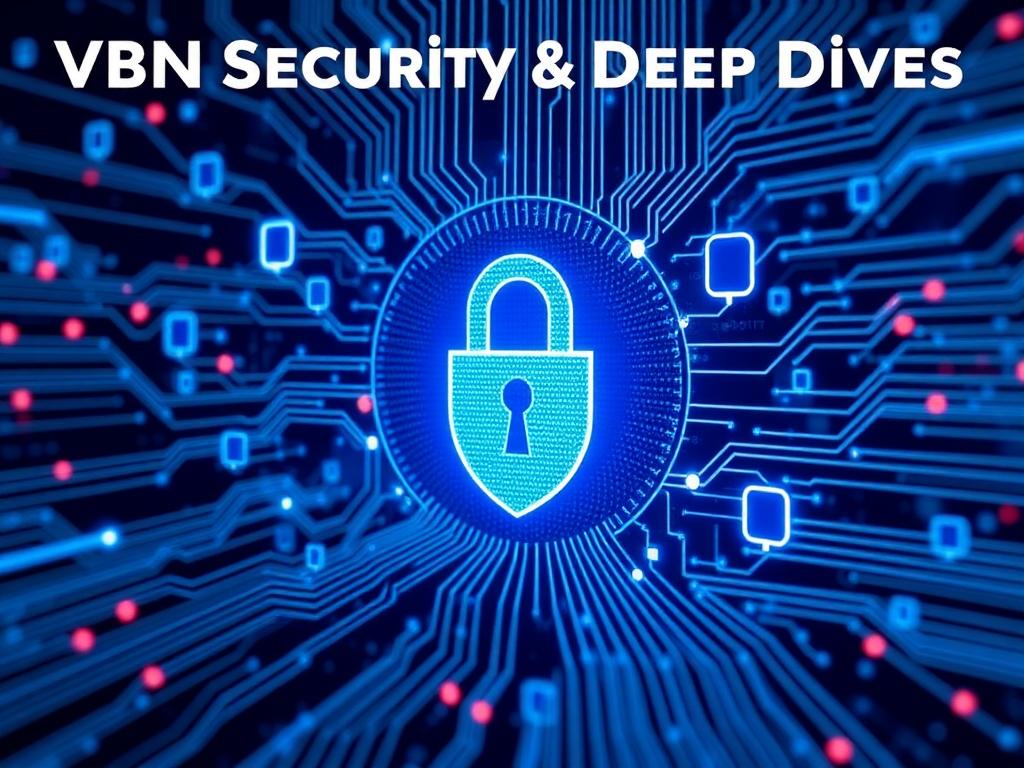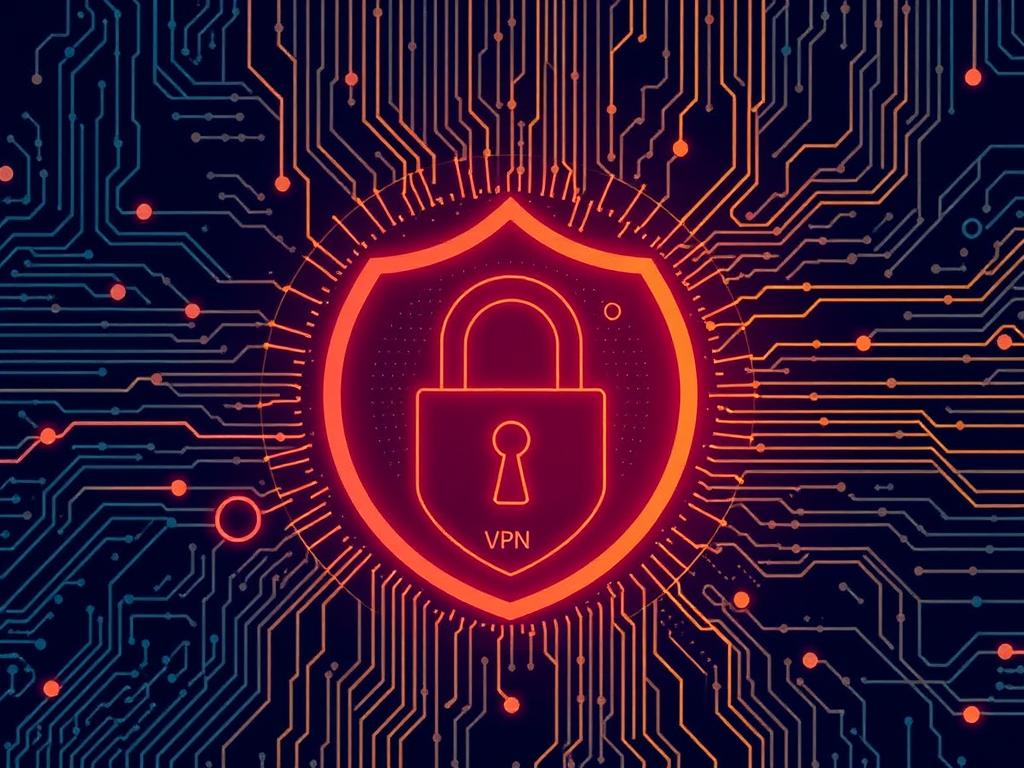Understanding VPNs: More Than Just an Online Mask
When you hear the term VPN, or Virtual Private Network, the first thing that pops into your mind might be “privacy” or “online security.” But what exactly is a VPN, and why is it essential in today’s digital landscape? At its core, a VPN creates a secure, encrypted tunnel between your device and the internet, making it much harder for hackers, ISPs, or even governments to track your online activities. Instead of your data traveling openly across the vast internet, a VPN shields it, protecting sensitive information and granting users a higher level of privacy.
Many people view VPNs as mere tools to bypass geographical restrictions or access content blocked in certain countries. While that’s definitely one of their perks, the security and privacy side is far more profound. In fact, VPN security & privacy deep dives reveal that these services offer layers of protection that most users don’t fully appreciate or understand. They not only safeguard your data but also can obscure your IP address, mask your location, and reduce the risk of interception during internet use.
How VPNs Establish Trust: Encryption & Protocols Explained

A crucial part of VPN security lies in its encryption protocols. Think of these protocols as the language your device and the VPN server use to talk to each other securely. Without this proper communication, any data passing between your device and the VPN would be vulnerable to interception.
Some of the most common VPN protocols include OpenVPN, WireGuard, IKEv2/IPSec, and L2TP/IPSec. Each has its strengths and weaknesses in terms of speed, security, and stability. For example, OpenVPN is renowned for its security and reliability, although it might be a bit slower compared to WireGuard, which is a newer protocol designed to be faster and more efficient.
Encryption strength plays another big role here — VPNs typically use AES (Advanced Encryption Standard) with 256-bit keys, which is considered military-grade encryption. This means even if someone managed to intercept your data, they would see nothing but a meaningless jumble of characters unless they had the key to decrypt it.
The True Impact of VPNs on Privacy
Privacy is a buzzword when it comes to internet security, but what does it truly mean in a VPN context? VPNs hide your real IP address, replacing it with that of the VPN server. This makes tracking your online behavior back to you significantly more challenging for advertisers, hackers, or government surveillance systems.
However, it’s essential to choose a VPN provider wisely. Some VPN services keep logs of your activity, which could potentially be accessed or handed over under legal pressure. The best VPNs adhere to strict no-logs policies, ensuring they do not track or store your internet activities. A true “no logs” policy offers users peace of mind, guaranteeing that the VPN provider cannot hand over your browsing data simply because they don’t have it.
Common Misconceptions About VPN Security & Privacy

Many VPN users fall into common myths that can affect their security and privacy in unexpected ways. Here are a few misconceptions that you should be aware of:
- VPNs make you completely anonymous: While VPNs conceal your IP and encrypt your traffic, they don’t erase all digital footprints. Websites can still track you with cookies or browser fingerprints.
- All VPNs are equally secure: This is far from true. Some free VPNs have lax security and might even sell your data to third parties.
- VPNs protect you from malware or phishing: VPNs encrypt your connection but don’t scan or block malicious websites or files — you need dedicated security tools for that.
- You don’t need a VPN if you use HTTPS: HTTPS protects your data between your browser and the website, but it doesn’t hide your IP or prevent metadata tracking by ISPs or other intermediaries.
Evaluating VPN Security: Key Features to Look For
If you’re in the market for a VPN, it pays to dive deep into what each service offers in terms of security and privacy. Here’s a helpful table to compare some crucial features:
| Feature | Why It Matters | What To Look For |
|---|---|---|
| Encryption Strength | Protects data from being intercepted or read | AES-256 bit encryption |
| No-logs Policy | Ensures your data isn’t stored or shared | Verified no-log claims with audit reports |
| Kill Switch | Stops data leak if VPN connection drops | Automatic kill switch feature |
| DNS Leak Protection | Prevents your DNS requests from being exposed | Built-in leak protection |
| Multi-Hop or Double VPN | Extra layers of routing for stronger privacy | Option for double encryption across servers |
| Protocol Support | Balancing speed and security | Support for OpenVPN, WireGuard, IKEv2 |
Legal and Ethical Considerations Surrounding VPN Use
Before diving headfirst into VPN use, it’s worth understanding the legal landscape. While using a VPN is perfectly legal in most countries, some governments restrict or ban their use altogether. Countries with strict internet censorship, like China or Iran, often target VPN providers to limit access to uncensored content.
Furthermore, VPNs can be misused for activities that aren’t legal, such as accessing pirated content or conducting cybercrime. Ethical VPN use means understanding your responsibilities and abiding by the law even when you use tools designed to enhance privacy. Remember, privacy is a right, but it doesn’t give you a shield to break laws.
Future Trends: What’s Next in VPN Security & Privacy?

VPN technology isn’t standing still. The field of VPN security & privacy deep dives shows ongoing advancements, such as integration with blockchain technology for decentralized VPNs. These aim to eliminate single points of failure or trust, making privacy even more robust.
Another area gaining traction is the use of AI to detect and prevent cyberattacks in real-time while maintaining user privacy. Also, new protocols like WireGuard are continuously improved to enhance performance without compromising security.
On a broader scale, discussions about internet privacy laws and regulations will continue to shape how VPNs operate and the protections they need to offer users. As awareness grows, we’re likely to see VPN providers pushing transparency and audits, ultimately creating a more secure and private browsing experience for everyone.
How to Maximize Your Privacy Using a VPN
Having a VPN is one thing, but making the most of it requires some practical steps. Here are easy tips you can implement right away:
- Always connect your VPN before browsing: This ensures your data is protected from the start.
- Use secure protocols: Opt for OpenVPN or WireGuard where possible.
- Enable the kill switch: This prevents accidental exposure if your VPN disconnects.
- Update your VPN app regularly: Patches and updates fix security vulnerabilities.
- Avoid free VPNs: They frequently compromise privacy to monetize the service.
- Combine VPNs with other privacy tools: Use strong passwords, browser privacy extensions, and antivirus programs alongside your VPN.
Common VPN Threats and How Providers Combat Them
VPNs face challenges like DNS leaks, IP leaks, and weaknesses in outdated protocols. Providers actively work to combat these through rigorous testing, implementing DNS leak protection, and supporting modern, secure standards.
Another significant threat comes from endpoint security. With end users connecting to various public Wi-Fi networks, VPNs offer a needed safety net against hackers and snoopers lurking in cafes, airports, or hotels.
As threats evolve, reputable VPN providers also invest in regular third-party security audits and transparency reports, which build trust and demonstrate their commitment to user privacy.
VPN Security & Privacy Deep Dives: Wrapping It Up
Choosing and using a VPN involves understanding much more than just picking a service with flashy features or cheap pricing. VPN security and privacy deep dives reveal the intricate ways these tools work to protect your digital life, emphasizing the critical role of encryption, no-log policies, and robust protocols. By debunking common myths, evaluating essential security features, and being aware of legal and ethical boundaries, you can harness a VPN’s true power to keep your online data safe and private. As technology and threats evolve, staying informed and proactive is key to maintaining your privacy in the ever-connected world. So, equip yourself with knowledge, pick a trustworthy VPN, and surf the internet with confidence knowing your security and privacy are deeply protected.
